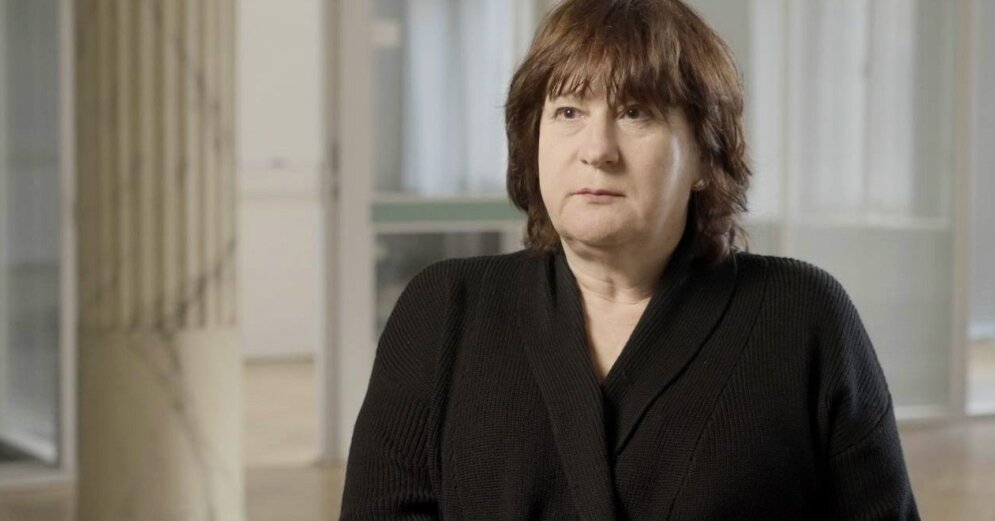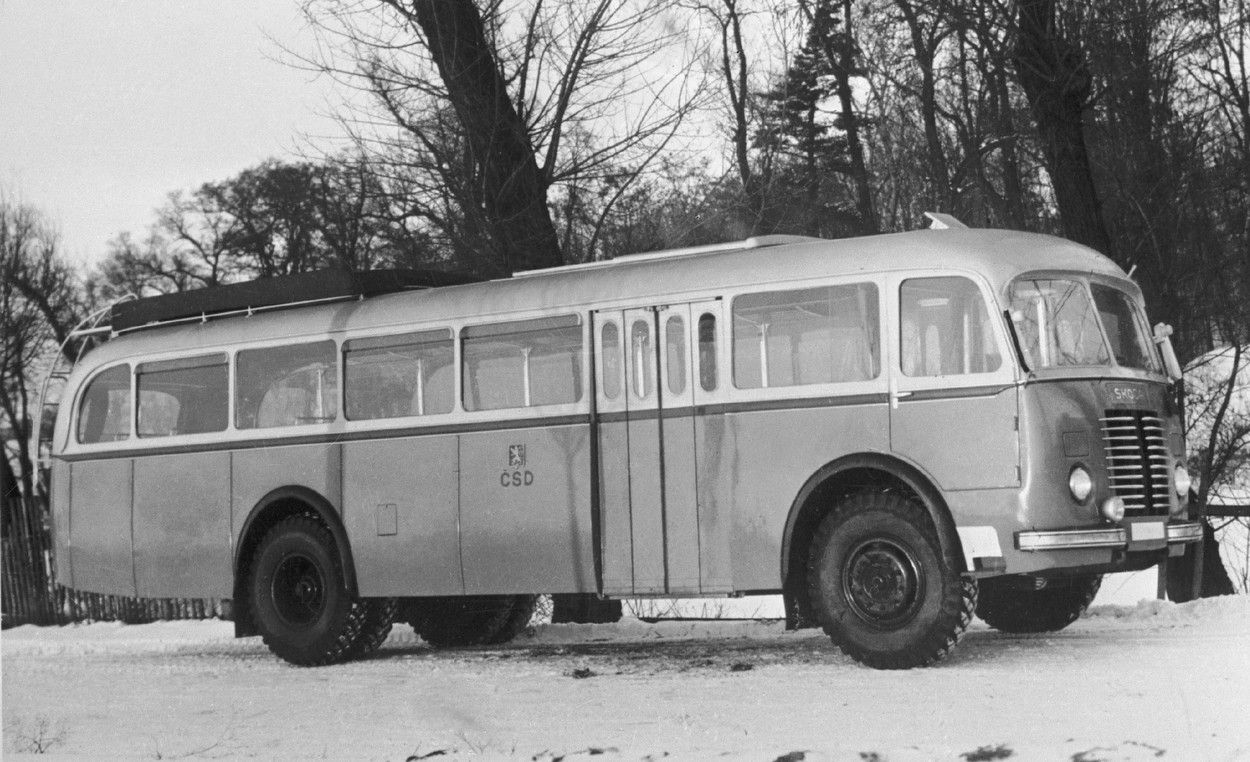During the national holiday month of November, director Viesturs Kairiš’s new film “January” came to the big screens, the story of growing up of a young cinematographer in January 1991, so important for the country of Latvia. In anticipation of the film and celebrating the independence of Latvia, we present eyewitness stories from the time of the barricades of those who say that the film “January” is about them. Because the story exists not only in historical monographs, but also in its retelling, but the stories help to “travel back in time” – to the life that happened 30 years ago and about which these people tell their children these stories. In the sixth series – film critic and journalist Daira Abolina.
The content will continue after the announcement
Advertising
Daira Āboliņa: “I got scared when nothing threatened me anymore”
Daira Āboliņa, LTV reporter, film critic, artistic director of “Splendid Palace” cinema, graduated as a journalist in 1991 and studied part-time in her last year at the Moscow Film Institute. “At that time, my duty at the Film Institute was to prepare various assignments. I had just started working in the film buying and selling department of Latvian Television, where my duty was to select films to be shown in the week’s TV program next,” she says. When the events of 1991 began, the television schedule and regular programming were suspended for an unspecified amount of time. The television program showed ballets or films, even without copyright, which it was not legal to show, but that no longer mattered.
The buying and selling department of the cinema met once a week in a specially designed underground apartment to discuss current affairs. “We went to work every day and did what we could think of to do, so to speak,” says Daira. But every day the concrete walls around the TV building also became narrower, and people ready to protect this building gathered more and more.
“And I did my homework for the Film Institute … Because there was no other work. And for several days I thought, why am I doing this? I can tell myself that I keep doing this while there are people down the TV building who have come to protect me about life and death. I went to colleagues in the international department and said that I want to be useful,” recalls Daira. Several foreign TV crews had arrived and Daira had been delegated as assistant to one of the crews led by Sonja Westerholt from Denmark who had arrived to film the country’s economic situation. Daira worked with this television group for three days. “At that time there were no longer cultural journalists or economic journalists, all those who were journalists had a camera, who had the possibility of recording and informing themselves, everyone became war journalists. Because nothing else was done in those days Anything was important, that it was filmed – crookedly, incorrectly, but where you could see the people and the changing situation,” says Daira Āboliņa.
On the first day, a Danish camera crew filmed a baby salmon at a fish farm. But on January 20, it was decided to go and see the barricades, just to film how they are. “We went to the Freedom Monument and the shooting started,” recalls Daira Āboliņa.
Time travel. January 1991
January 1991 was a month that the generations who lived it always remember and tell about. They can tell this time in months, weeks or hours.
In Riga, OMON fighters occupied the press room on January 2, paralyzing the publication of press releases. On January 7, following the order of Mikhail Gorbachev, Dmitry Yazov issued an order to send airborne troops to Latvia, Lithuania and Estonia under the pretext of joining the USSR Armed Forces. In those January weeks, Riga TV broadcast the 26th lesson “What’s the date?” of the English teaching program “English for you”, and the 1st All-Union program of the “Octopus-4” series. The beginning of the 1990s was a “turning point” in the history of Latvia, when the coming of age story took place for those who were pupils and students at that time and who in various forms shape the Latvia of today.
Viesturs Kairis’ new feature film “January” is a personal story of director Viesturs Kairis, who was 19 at the time and who claims to know the characters in his film, even if they are fictional. He says: the film is about the beginning, the first month of the year, when we all chose freedom.
“January” is a historical and autobiographical excursion during the 1991 barricades about young filmmakers involved in the January 1991 political events in Riga.
The film has been shown in cinemas across Latvia since 11 November.


